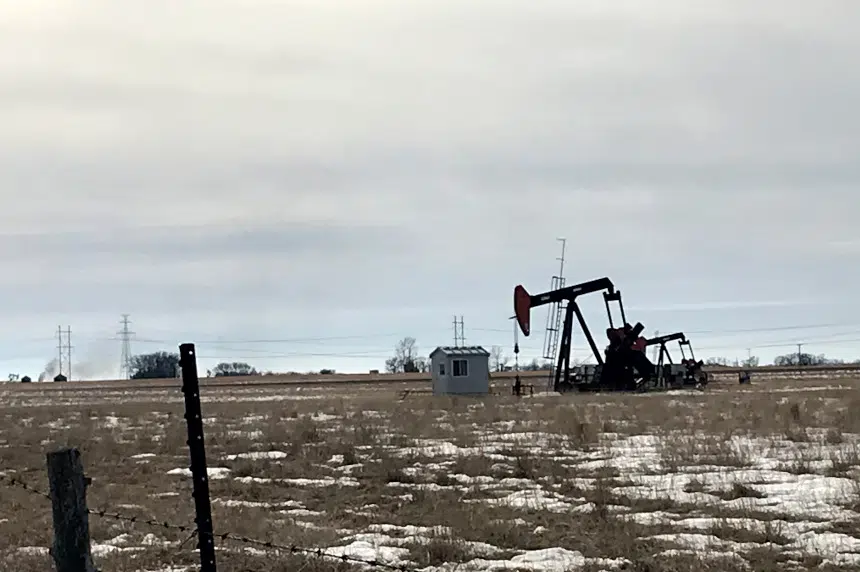Saskatchewan’s energy and resources minister thinks the energy industry faces a number of challenges as it tries to ramp up.
An increase in demand for oil has sent prices skyrocketing after many countries placed sanctions on Russia over its invasion of Ukraine. Prices have started to come down, but were well over $100 a barrel last week.
“It’s a very difficult time that is coming out of the perfect storm that was 2020. Despite the fact the prices are high, companies are still in a challenging spot. Oil producers are paying down a lot of debt (and) they’ve put a lot of capital allocations on pause,” Minister Bronwyn Eyre told Gormley.
“So production is coming back, but all the sudden buzz now about ramping it up — including to export — is certainly interesting to say the least because there is certainly challenges they are facing as we come out of a very, very difficult time in the oil and gas sector in this country and around the world. Then we’re faced with this great new geopolitical reality which certainly put the issue of energy security and independence in a whole new technicolour light.
“Suddenly everyone is realizing you can’t have energy affordability without independence.”
She said in 2014, oil companies had an easier time in providing an instant rebound and bring production back online.
Eyre pointed to the federal government’s treatment of the energy industry and its decisions as the main reason that is not possible.
“It’s a shame they cancelled the $10-billion natural gas liquefaction facility in Saguenay, Quebec, which would have boosted our exports,” Eyre said. “This is about establishing longer-term supply and infrastructure and we are at an amazing deficit.
“This is the same group that announced the harder emission caps, which are really production caps. It’s still set to increase the carbon tax April 1 (and) still driving forward the federal fuel standard, which will hit people at the pumps even more.”
However, Saskatchewan’s government isn’t likely to help there either. Premier Scott Moe recently said while his government is looking at ways to help people weather a higher cost of living, he isn’t actively looking at reducing or eliminating the fuel excise tax.
Eyre pointed out that while the federal government is asking companies to provide more oil, it is also continuing to aim to transition away from the industry.
“Coal is a very good microcosm of transition. Being federally mandated, not a single rural community has been asked by the federal government to be part of consultations about what that transition actually means. We’ve spoken to them in the southeast so no wonder these communities become cynical,” Eyre said.
“There’s nothing concrete about these things and what those transitions mean for actual people, workers, and communities.”











